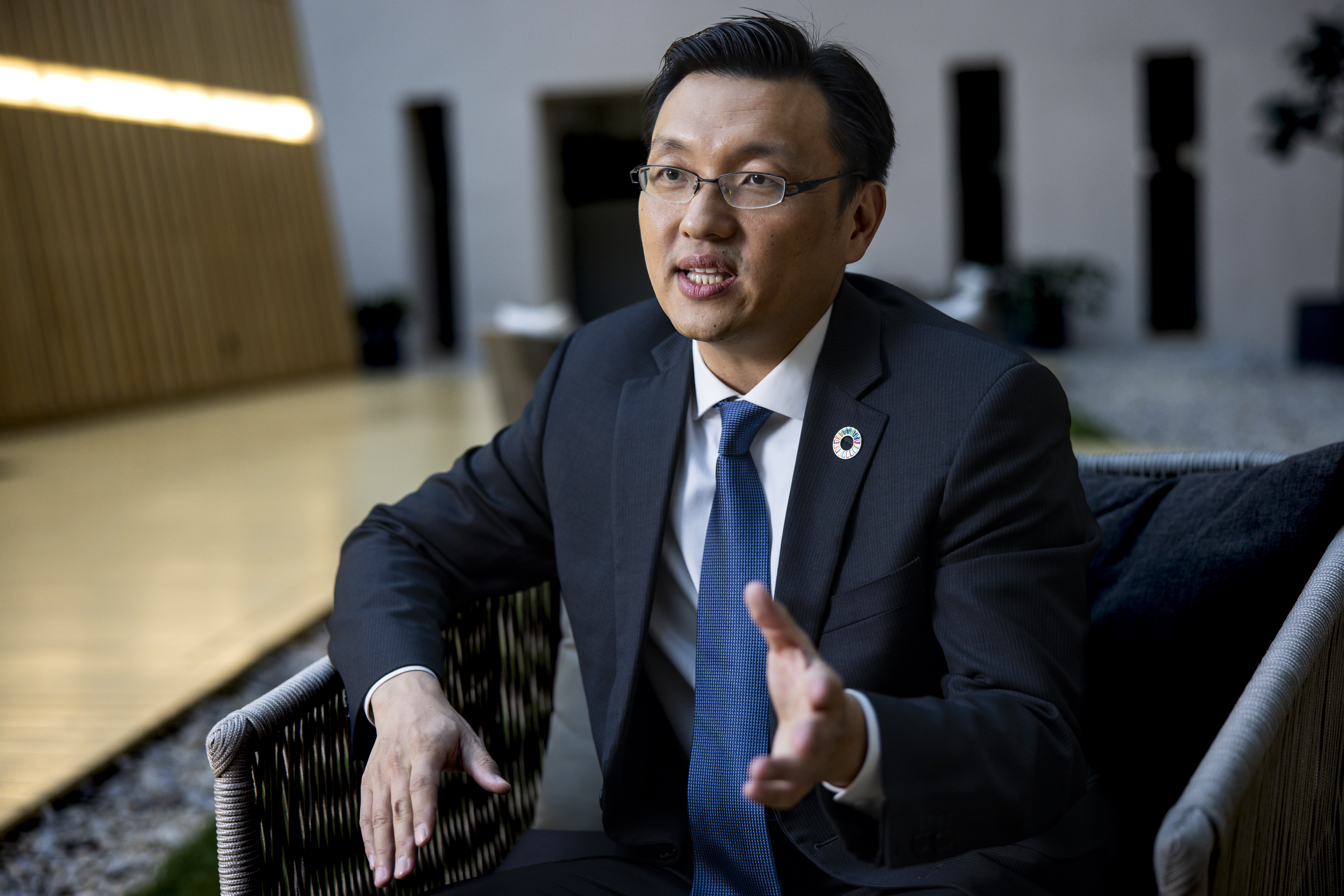
The Budapest Eurasia Forum was held for the fourth time in the past years with the attendance of many high-profile guests from all over the world. In your opinion, why are these events important, and how do they contribute to Eurasian connectivity?
Taking a look at the current global challenges of political conflict, climate change, and economic drawback in the post-covid19, the Budapest Eurasia Forum has served as a bridge connecting European and Asian countries to promote global dialogue, academic exchange, networking and partnership. By setting up various thematic panels themed on geopolitics, sustainability, digitalisation, multilateral cooperation, etc., the forum provides an important platform for open discussions on regional and global issues, fostering mutual understanding and cooperation. The global influential decision-makers, entrepreneurs, business executives and academic experts are invited to the Forum to share their insightful perspectives and experience on addressing these common challenges. I believe that the effort putting together in the Forum all contribute to the Eurasian stability, sustainability and connectivity.
Hungary for quite some time has been seeing the importance of maintaining good working relations with Asian countries. In your view, how do Asian countries, including China, view Hungary's partnership?
We know that Hungary has maintained good working relations with Asian countries by adhering its policy of ‘Opening Up to the East’. It is a Hungarian government’s strategy aiming to diversify trade and investment relations and deepen economic cooperation and partnership with Asian countries. Taking China as an example, China-Hungary partnership has been strengthening during the past decade, which is benefited from not only the strategic guidance by the top leadership, but also the ‘Belt and Road Initiative’ (BRI) and the policy of ‘Opening Up to the East’ adopted by the both countries. Meanwhile, Hungary has insisted on its own independent foreign policy with China, the strong China-Hungary partnership has been reached on a high level based on political trust and mutual respect.

President Xi Jinping said last October that Chinese-Hungarian relations should be raised to a new level. In your view, in which areas and how could the two countries further strengthen their relations?
It is encouraging to witness that China-Hungary comprehensive strategic partnership has been raised a new level. In October 2023, Hungarian Prime Minister Viktor Orban attended ‘the 3rd Belt and Road Forum for International Cooperation’, showing his firm and continuous supports to participate in the ‘Belt and Road Initiative’ (BRI). Both authorises signed a 2nd batch of priority cooperation projects for China and Hungary to jointly build the BRI, including infrastructure, industry, scientific research and development, and financing. Meanwhile, four memorandums of understanding were also signed to promote bilateral cooperation in industrial investment, the exchange of policies in economic development, green and low-carbon development, and the digital economy, which are the key areas for both countries to deepen partnership and strengthen relation through the BRI in the future.
Strong economic relations with China have been profitable for Hungary in the past few years. Do you see any chance for other European countries to follow suit?
In my perspective, the strong economic relations between China and Hungary will be a convincing example for other European countries to follow suit in the future. Hungary was the first European country to sign the Belt and Road Initiative (BRI) with China in 2015. Both countries have developed strong stability and sufficient potential of bilateral economic and trade relations within the BRI cooperation framework. According to official data, Hungary as one of the most important trading partners for China in Central and Eastern Europe, the bilateral trade reached $15.52 billion in 2022, and China’s direct investment in Hungary amounted to $426 million, involving trade, chemicals, finance, communications equipment, new energy, logistics and etc. Thus, I expect that the mutual benefits and trust successfully demonstrated by China and Hungary will be a good example and motive more European countries to follow.
The author is editor at Eurasia